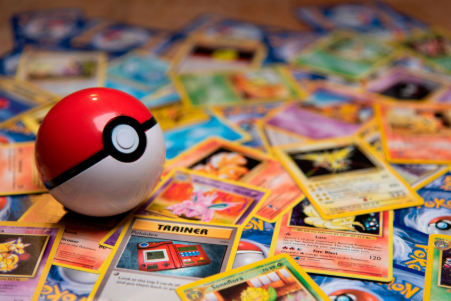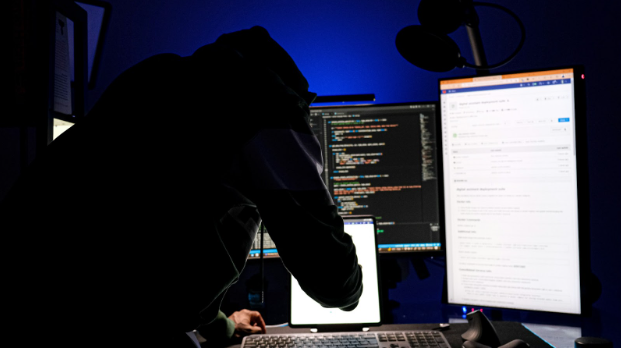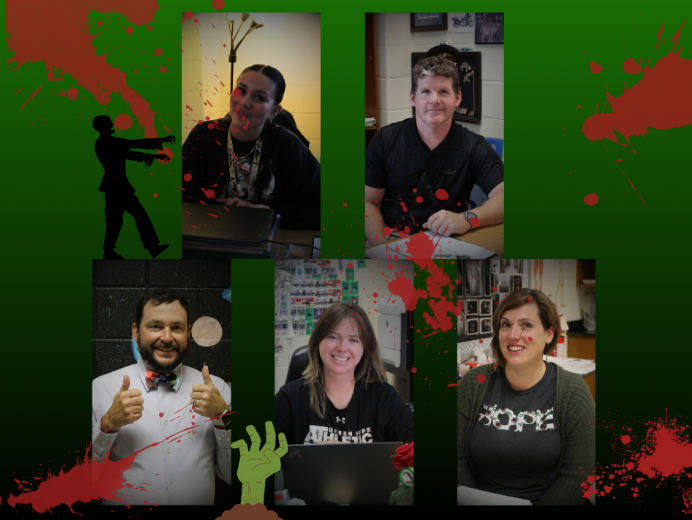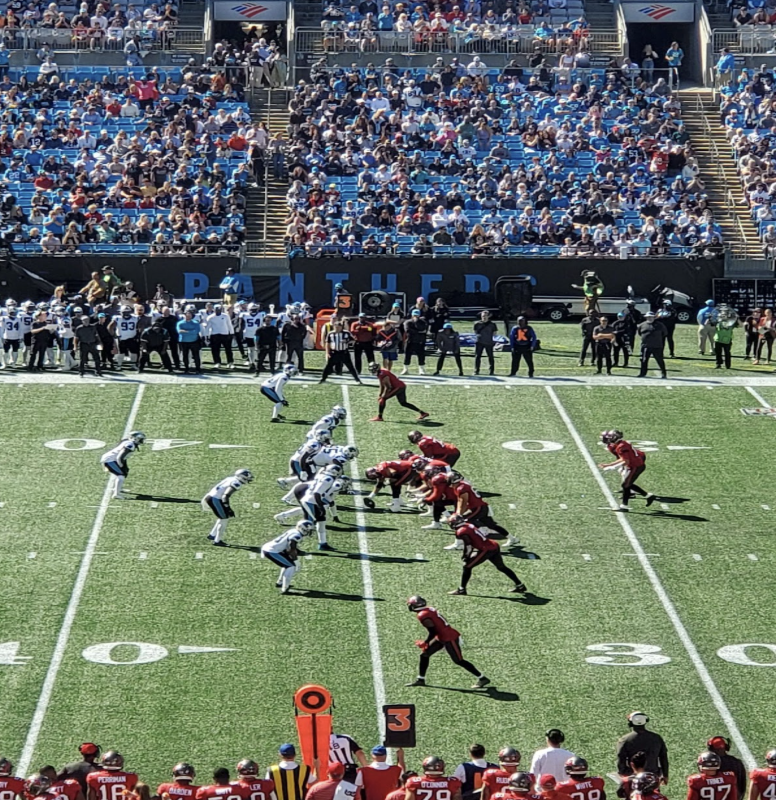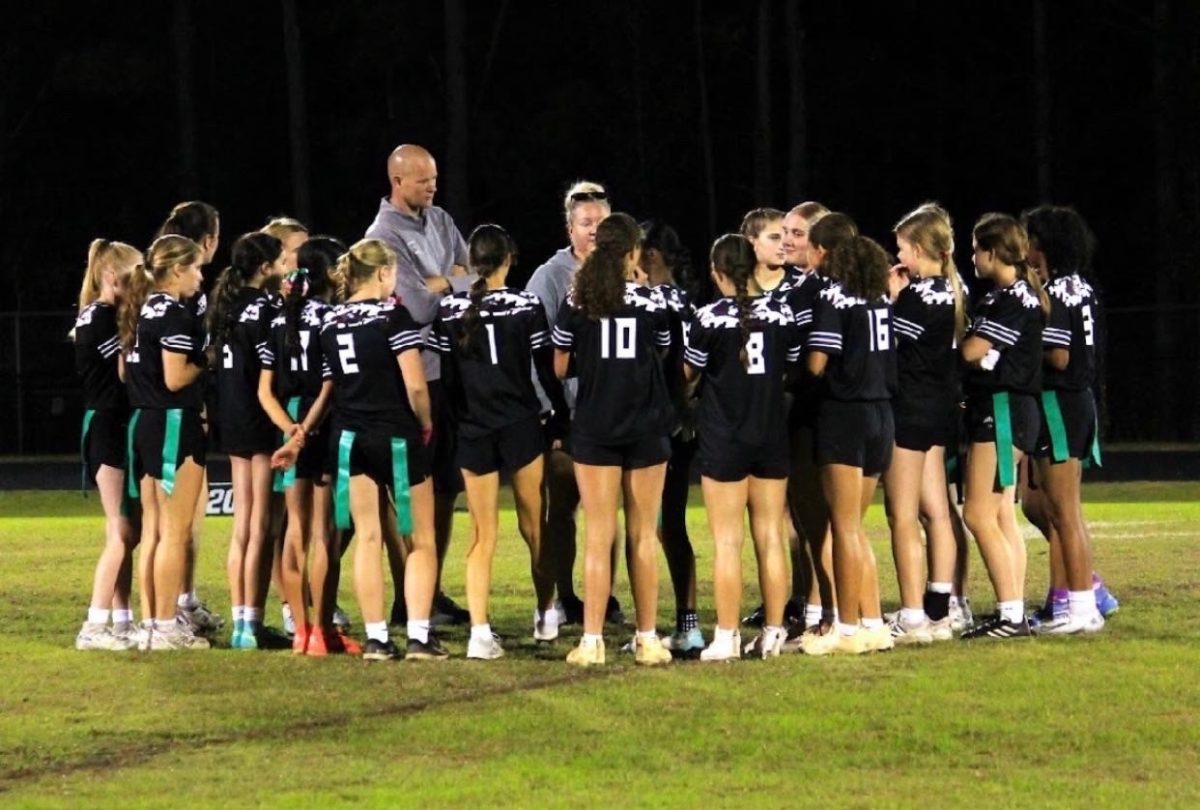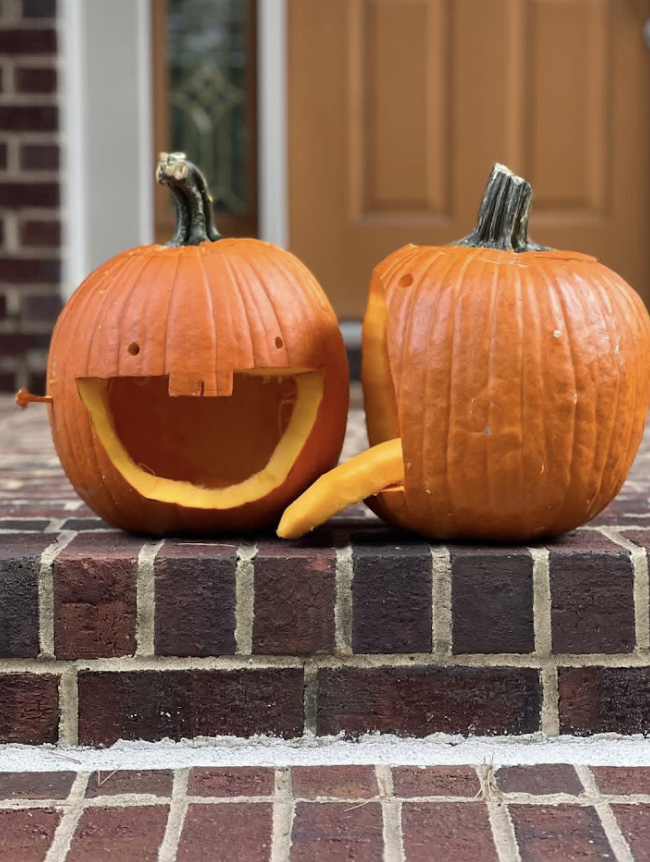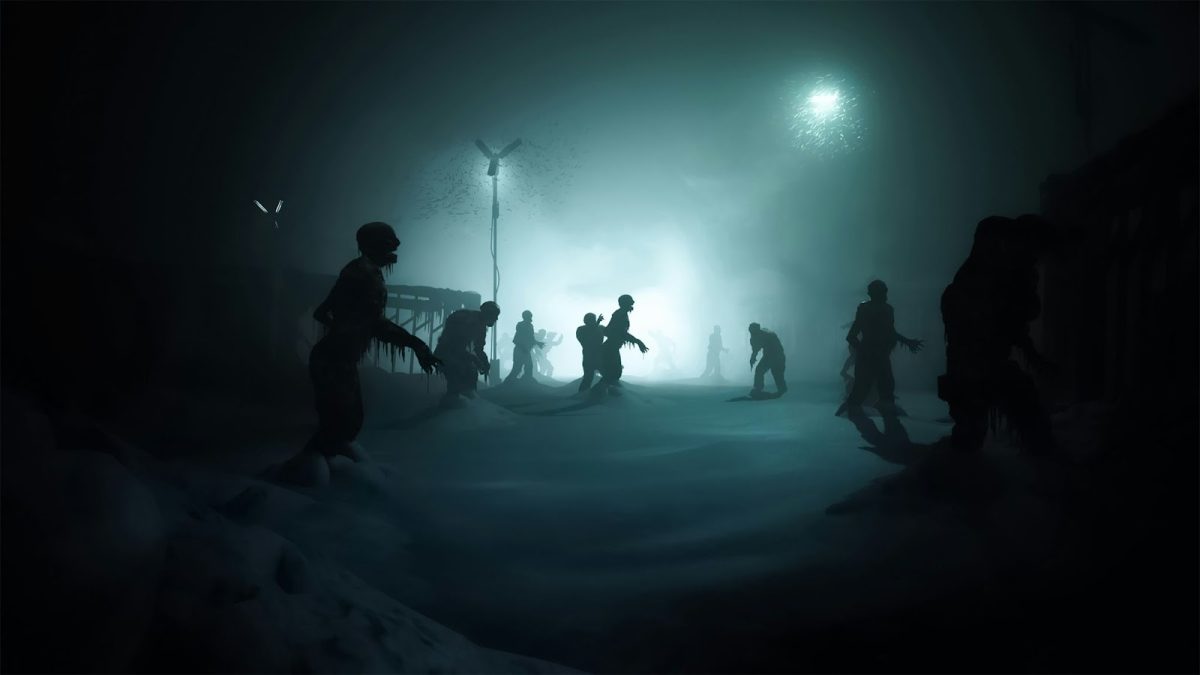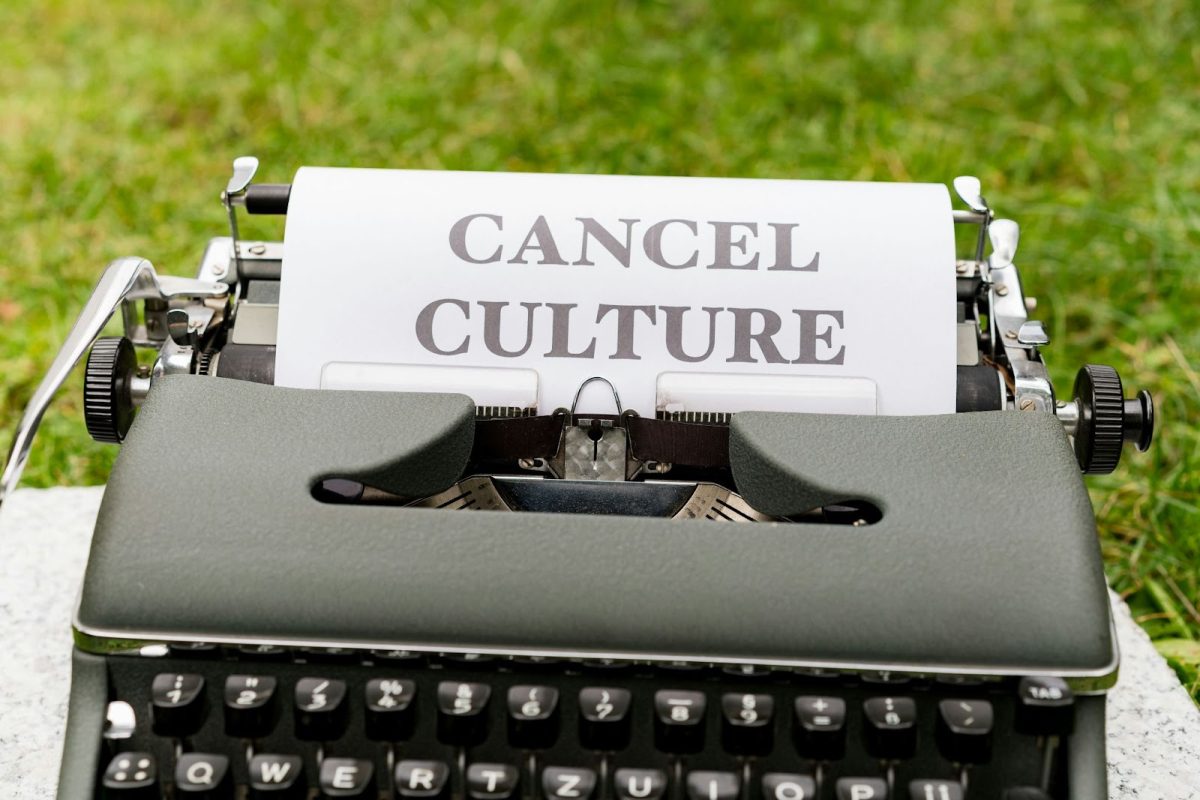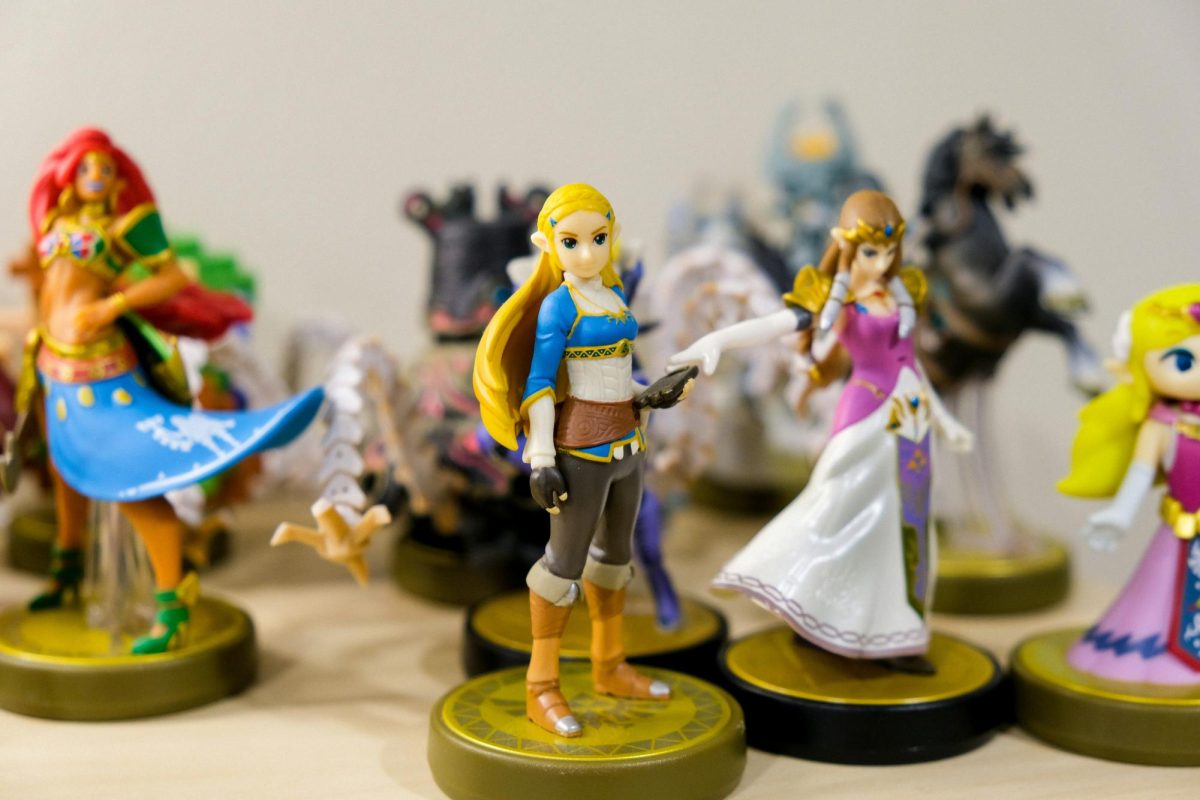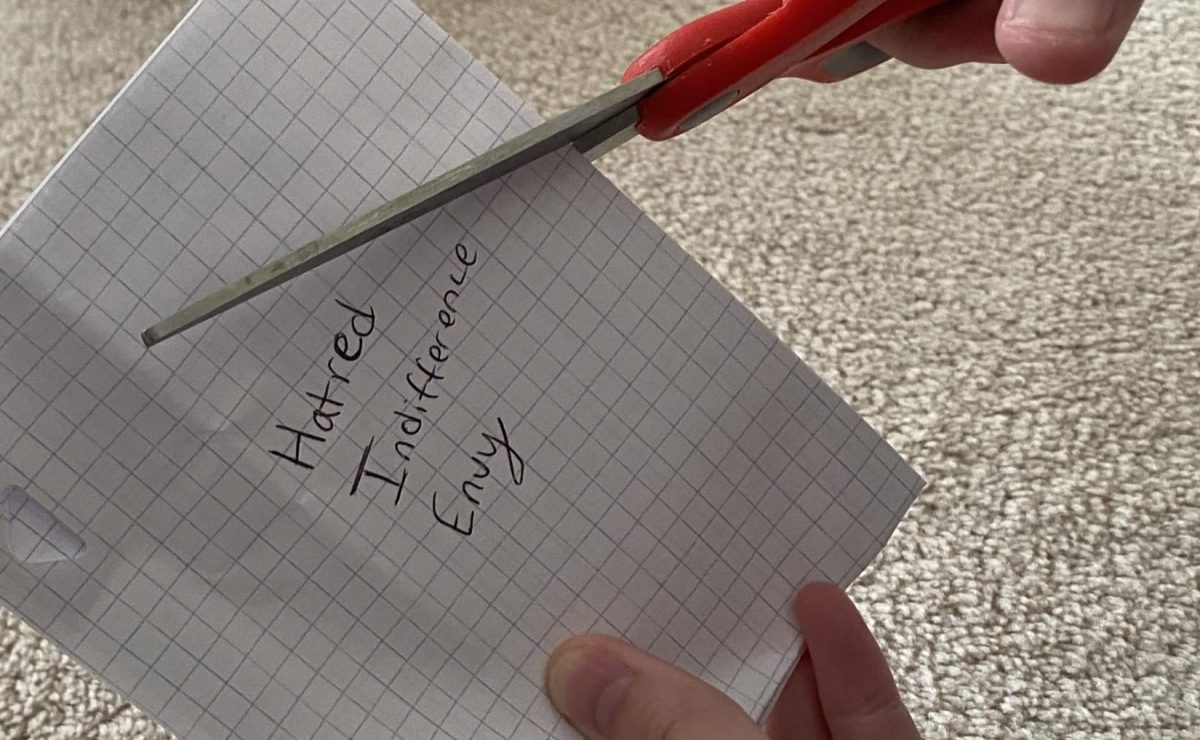Social media is often the scourge of those wanting to build self-esteem. It brings self-image and self-doubt into the hearts and minds of its consumers. The knoweldge of the dangers surrounding social media is a hot topic. However, the heat has amped up. Social media users now seek out and easily find a new source of entertainment…the entertainment of hatred.
Edgy humor is not new. Humor, for a long time, consisted of one person or many people making jokes about rape, misogyny, and other sensitive topics in order to cause shock and laughter from their audiences. While these jokes are socially more aware today (often being “cancelled” for good reason), it’s the same game played where the more shocking one’s comment or “joke” is, the better it is received.
Today’s humor hides behind screens and has no filter. An unseen person cannot be cancelled, and this is causing insults which can be extremely hurtful. These faceless comments verge on extremely disturbing.
Online “hating” was often considered to be on a small-scale with a few trolls in comment sections making rude comments, but now one can find the most random videos with a comment section full of truely hateful commentary.
Meant to be comedic, these forms of speech often create games of limbo with commenters dedicating themselves to seeing how low one’s insults can hit. The lowest is often considered the funniest due to being the most “out of pocket.”
While this sense of humor started online, it’s even made its way into real-life friend groups due to the use of social media between teens, and therefore makes its way out of the screen, playing into people’s real-life insecurities. According to the Mayo Clinic, around 97% of teens use social media. This wave of hatred, therefore, is something to pay attention to due to the number of teens that witness the behavior and are at risk of internalizing what they witness.
Due to the mass normalization of this sense of humor, there has been an increase of this competition for the worst insult, even bleeding out of the internet’s boundaries.
More frequently within friend groups, there can be times where one or more people will point out an insecurity of another friend and while it is often done in a harmless manner meant to be taken lightly, it can, overtime lead to resentment as people attempt to hurt each other worse and worse.
While there are people who say this is a valid form of comedy as picking on friends can, at times, be funny, it has started to take a turn for the worse with people even joking about each other’s absent fathers and traumatic experiences as a way to source the reaction they are looking for.
The issue with this behavior being on the rise is not harmless jokes between friends- It is joking that overtime become more and more cruel against those loved ones.
There is an obsession with saying the most shocking insult to get laughter, and this reward of laughter keeps the person saying the insult going further. It creates a continuous cycle which leads to more and more reward for picking at insecurities.
Friend groups aren’t the only front at which online hate can be seen changing the treatment of others, it has also become very popular in the world of professional stand-up comedy as well.
Green Hope Senior, Merken Habte (‘24) has also noticed this shift with a trend of favoring hatred, stating that,” there’s always a comedian making fun of people in the crowd, and that’s on a professional scale too”.
Often, to promote themselves, creators and stand-up comedians will post clips of their performances. While it used to be more clips about the actual delivery of jokes, many more creators can be seen uploading clips of their performances during which they pick on the audience.
While it is mostly harmless, it shows the shift in attention from the audiences online, as the more creators post clips of them making fun of their audiences, the more likely people are to watch it and the better videos do. This vicious cycle keeps comics posting crowd focused videos due to the high engagement, showing the appeal of picking up insecurities from others.
As the enjoyment and appeal from the display of other’s imperfections continue to grow, so will the sentiment of self-doubt grow in society. It reinforces the need to protect and shield oneself from the insecurities, in hopes to not be judged, and leaves little room for comfort.
When people are so worried about being randomly insulted for the sake of a joke, it will leave them unable to open up, which could be a major issue if this trend continues as an inability to accept one’s faults will lead to people not asking for help.
It is important to consider boundaries in situations within which one is exaggerating faults and know the limits of others in order to maintain a balance, especially within friendships. It remains increasingly important to put the boundaries of others before getting laughs from a joke, as in the long run those who may be laughing will not be by one’s side on the darker times.
As the use of social media endures, it is important to remind oneself that what is witnessed online does not account for behavior that should be accepted in social situations. All users should take a step back to reevaluate whether the joke about someone should be made or not. This pause in reactions can make all the difference between being a harmless insult and something that could build up resentment within the connections closest to the heart. If it would not be said in person then it should never be said behind a blue screen.

